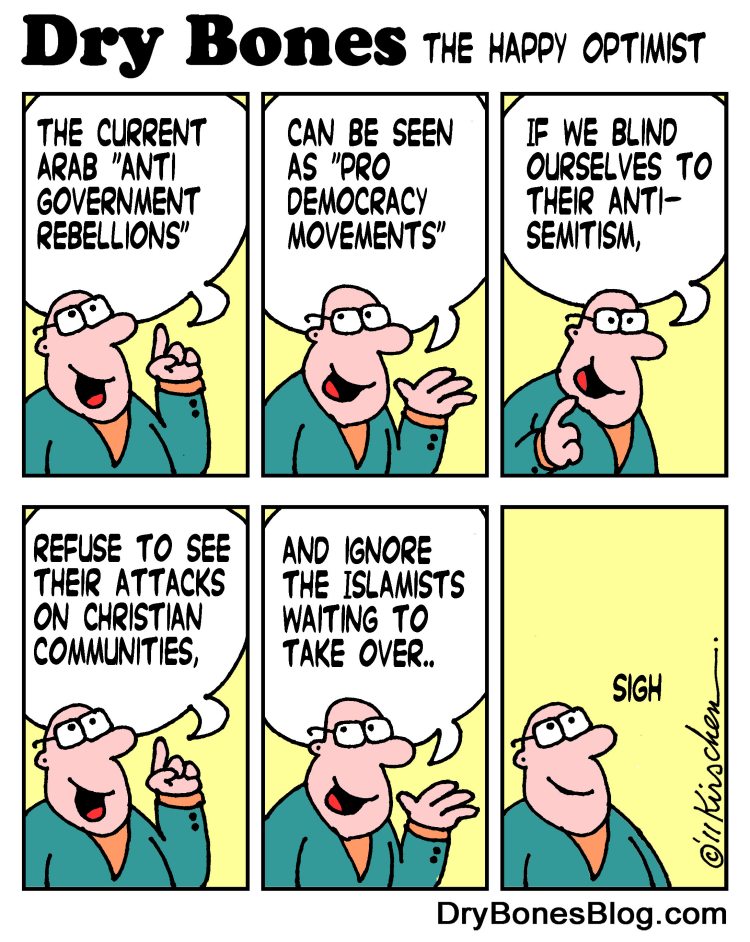Bari Weiss and Merav Michaeli on How Global Media Portrays Israel
This Q&A is adapted from one of eight mainstage conversations held at Z3 2020: Visions of a Shared Future, a virtual conference produced by The Z3 Project and the Oshman Family JCC of Palo Alto, California, aimed at reimagining Diaspora-Israel relations.
This discussion has been condensed and edited for length and clarity. It is adapted from a conversation moderated by Anne Kornblut, Facebook’s vice president of global curation, featuring Israeli lawmaker and former reporter Merav Michaeli and New York Times editor Bari Weiss.
Kornblut: My whole life has been spent in the media, much like you all, but for me, specifically journalism and newspapers. I was at the Daily News, The New York Times, The Washington Post … and everywhere I worked — everywhere — there was a complicated relationship between the news organization and Israel, and the Jewish Diaspora, and the Jews that we covered. There was no place where it was easy, or where it wasn’t a pain point. … Then I left traditional journalism, and I joined Facebook. And I think it’s fair to say that the relationship is also fraught. So I want to ask you both: This pain point — coverage of Jewish issues, coverage of Israel — where are we with it? And is the traditional news coverage growing more fair? Is it growing more antisemitic?
Weiss: I think that, in part, the fixation of The New York Times and other places on Israel and on the conflict with the Palestinians had to do with a just a mirroring or an echoing of that conventional viewpoint — that if you want to solve the broader problems of the Middle East, and all of these sort of pathologies that set groups against one another, well, the only way to do that is to solve the Israeli-Palestinian conflict. There’s an old idea: “If it bleeds, it leads.” And it’s also true that if you could also have the slogan that if Jews are involved, if Jerusalem is involved, it’s more than just a story. People are inordinately focused on Jews and on Israel. What I’m contending is that the [stress] on it in the American press bears very little relationship to how important it is to the Middle East story. Meaning if every newspaper has a dwindling amount of resources and, you know, foreign bureaus and foreign correspondents, and Jerusalem always seems to be sort of like the center point of people’s attention. Maybe you [Michaeli] think that’s justified, I’m just curious.
Michaeli: It’s not a linchpin that, you know, once solved means that everything else will, you know, fall in place. But it is a linchpin, even in the sense that it provides an excuse to so many other hostile factors in the region. Even in that sense, it will generate a major change once there is genuine advancement or something really happens in the direction of a peace process regarding the conflict. So I completely agree. I mean, like the war in Libya, for instance, OK. Obviously it does not have anything to do with the Israeli-Palestinian conflict. But the whole sort of how people and how countries and forces are divided in the Middle East, all of them have something to do with the Israeli-Palestinian conflict. And once this is changed, it will change a lot in the area. But having said all this, as an Israeli, all this is a lot less important for me, and what’s most important for me is to care about Israel’s security and its sustainability. And for that I need to find a way to figure out this conflict.
Weiss: We’re living in an era, at least in the States, or at least let’s say in the liberal institutions, like places like The New York Times, in which there is an unbelievably intense fixation on diversity, inclusion, making sure work is a safe space for everyone. And yet, you know, the lack of care when it comes to Jews inside these institutions is striking. For example, The New York Times ran two, you know, large puff pieces about the writer Alice Walker while I was there, who is a medieval antisemite. She writes poems about the bloodsucking rabbis of the Talmud, she talks about the lizard Illuminati, she’s a huge fan of David Ickes, who was banned from YouTube. We ran puff pieces about her. The Times ran one recently about Louis Farrakhan, basically saying he was just a gentleman who was sort of misunderstood.
The Franklin Prophecy
When Rep. Ilhan Omar, D-Minn., borrowed the title of a song by rapper Puff Daddy in 2019 and tweeted that “it’s all about the Benjamins, baby,” critics across the political spectrum lost no time denouncing her. The reference to $100 bills, which bear the portrait of Benjamin Franklin (1706-1790), was widely interpreted as an antisemitic trope suggesting that the pro-Israel lobby, because of its campaign contributions, holds unwarranted sway over American policy in the Middle East.Michael Oren: The Beauty Queen of Jerusalem
Omar’s tweet called to mind the age-old “dual loyalty” accusation often leveled against American Jews, but she might just as well have been referring to another antisemitic slur that also concerns Franklin, the Founding Father sometimes known as “the first American.”
This is the story of the “Franklin Prophecy,” known more accurately as the “Franklin Forgery”: how it got started, how it has been appropriated through the years, how it persists to this day, and what the Jewish community ought to do about it. Apart from Ben himself, the cast of characters runs the gamut from white supremacists William D. Pelley and Robert Edward Edmonson, to Nazis Rudolf Hess, Joseph Goebbels, and Julius Streicher, to New York Mayor Fiorello La Guardia, New York Gov. Thomas Dewey, historian Charles A. Beard, poet Ezra Pound, columnists Walter Winchell and Charles Krauthammer, and even Osama bin Laden.
Like its elder sibling, The Protocols of the Elders of Zion, the Franklin Forgery has survived because of its utility to Jew-haters, who, in every generation, have relied on rumor, innuendo, and falsehood to excoriate “the Jews” when facts fail to serve their ends. Concocted in 1934, it has refused to disappear despite overwhelming evidence of its wholesale fabrication. The “fake news” of its day, the Franklin Forgery stubbornly lives on, one item in a veritable Sears catalog of antisemitic slanders in the Twitter and Facebook feeds and hate sites of neo-Nazis in America and in the polemics of clerics across the Muslim world.
Israeli television’s latest hit, The Beauty Queen of Jerusalem, is melodramatic, plodding, predictable, and, by American standards at least, culturally inappropriate. It is also ahistorical and politically biased. Most disconcertingly, though, at a time when Israel is increasingly believed to have been born of militarism, racism, and colonialism, The Beauty Queen of Jerusalem is silent about these charges. At its worst, it corroborates them.
Based on a bestselling novel by Sharit Yishai-Levi, the series follows the vicissitudes of the Ermozas, an upscale Sephardi family in pre-state Jerusalem. Clumsily toggling between the early 1920s and late ’30s, the drama focuses on the materfamilias, Merkada, and her sybaritic son, Gabriel. The owner of a store that appears to sell only halvah, Gabriel falls in love with a working-class Ashkenazi woman but is forced by Merkada to marry an even lower-class Sephardi woman, their illiterate housekeeper, Rosa. Played by the alpaca-eyed Hila Saada, Rosa inundates the show with a stream of tears that stretches across all 16 of its first-season episodes. And there are the Ermoza daughters—Rachelika and Luna, with the latter growing up to become the eponymous beauty queen. Their loves and disasters, longings and disappointments take place against the backdrop of Palestine from the end of the Ottoman Empire and throughout the British Mandate.
It was a period of relentless instability, punctuated by outbursts of internecine violence. It began in Jerusalem in April 1920, when thousands of Arabs, led by the fiercely antisemitic Hajj Amin al-Husayni and chanting “Palestine is our land, the Jews are our dogs,” ravaged the Old City’s Jewish Quarter. Hours of looting, raping, and murder left five Jews dead and 216 injured. Some 300 Jews had to be evacuated. The following April saw another spate of pogroms, this time directed at the Jews of Jaffa and Petah Tikvah. Eight years later, the same al-Husayni—since dubbed Grand Mufti by the British—claimed that the Jews were plotting to take over the al-Aqsa mosque. The libel incited Arab mobs to massacre the Jewish communities of Sefad and Hebron and overrun Kibbutz Mishmar Haemek. In Jerusalem, dozens of Jews were killed and wounded both within and outside the Old City walls.
This Arab-Jewish friction came to a head in the Arab Revolt, lasting from 1936 to 1939, when Palestinian irregulars attacked both Jewish and British targets. The result was a disaster from which the Palestinian nationalist movement never recovered. While 90 Jews were murdered and many more wounded, an estimated 10% of all adult Palestinian males were either killed, wounded, or jailed. Haj Amin al-Husseini took his Grand Mufti title with him to exile in Beirut, and from there to Berlin where he became an honored guest of Adolf Hitler and supporter of the Final Solution.








































